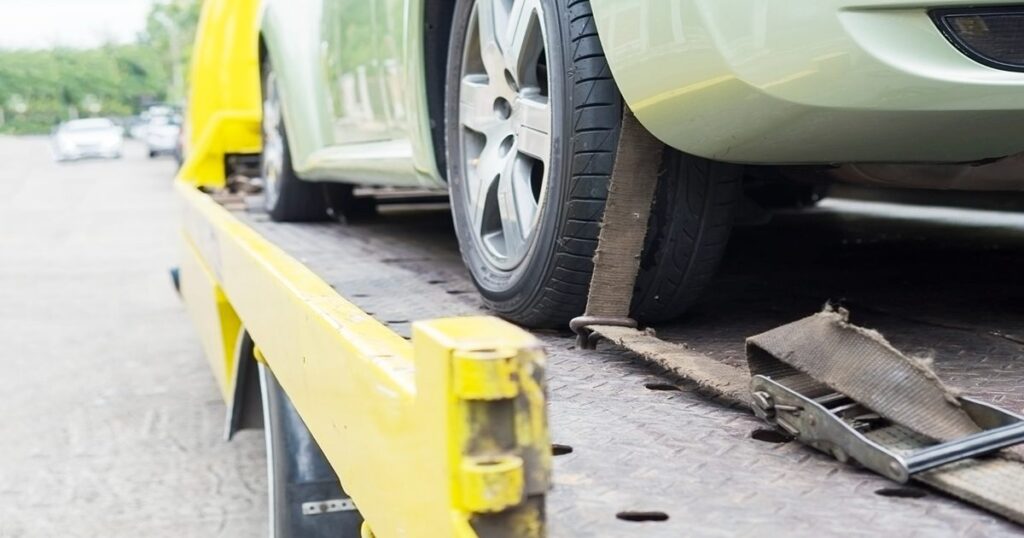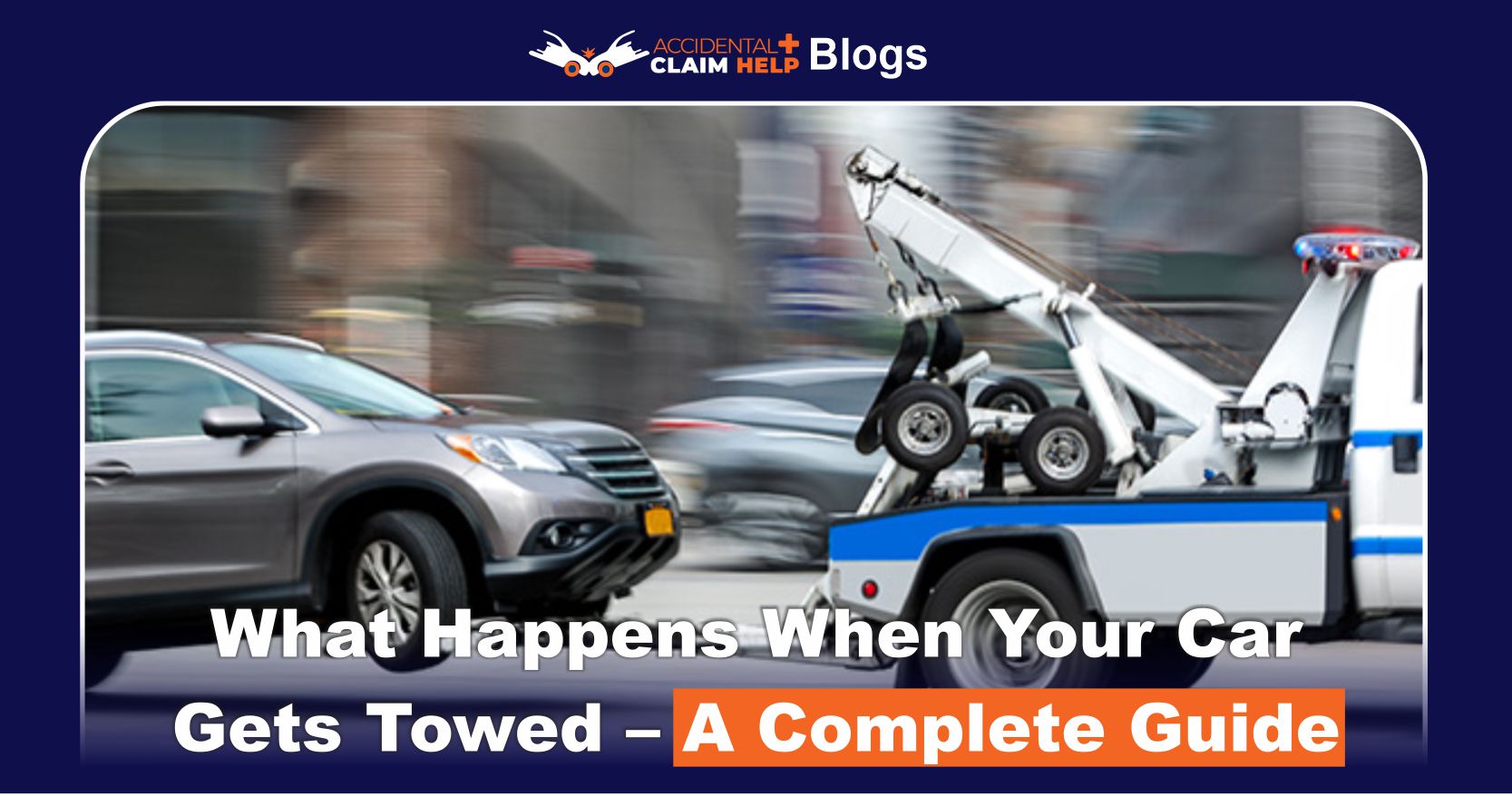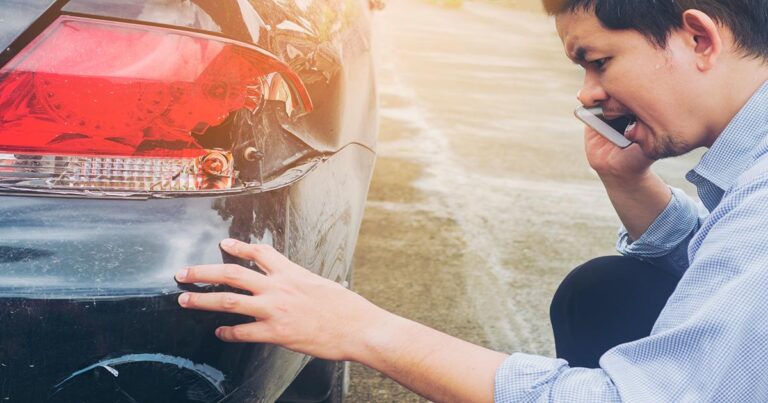What Happens When Your Car Gets Towed – A Complete Guide
Your car suddenly disappears, and you suspect it’s been towed—what now? First, find out why it happened and where your vehicle is. Then, gather documents, pay fees, and reclaim your ride before storage costs pile up or it’s auctioned off. This article walks you through every step, helping you avoid a stressful surprise.
Why Your Car Might Get Towed
Cars can be towed for many reasons like illegal parking, meter violations, blocking traffic, or being part of a police investigation. In some areas, they may be removed during street cleaning or snow bans. If tickets go unpaid, your vehicle may be impounded to enforce those violations.
Finding Out Where Your Car Is
First, don’t panic—call your local non-emergency police line. Give them your plate number and ask if they towed your vehicle. You can also check an online “find-my-car” service or call 311. If they didn’t tow it, your car might be stolen—report it right away.
What You Need to Reclaim Your Car

Before heading to the impound lot, make sure you’ve got:
• A valid driver’s license
• Proof of vehicle ownership or registration
• Current insurance documentation
• Cash or required payment method for fees
Without proof of insurance or registration, some impound lots will not release your car.
What You’ll Pay and How Fees Add Up
Tow fees vary, but expect:
• A tow fee to detach and transport your vehicle
• Daily storage fees that increase over time
• Possible administrative or notification fees
In some cases, impound fees can surpass your car’s value. Cities often auction unclaimed vehicles after a set period to recover costs.
Retrieving Your Vehicle
Once you’ve located the lot and gathered documents:
- Pay all fees including towing, storage, and fines
- Show ID, registration, and insurance
- Sign a release or receipt
- Inspect your vehicle for any damage before leaving
If you spot damage, take photos right away and file a claim. Some states allow you to request a hearing if the tow was wrongful.
What if You Can’t Pay or Disagree?
If you can’t pay, seek a hearing or legal help. Some jurisdictions allow challenges for improper towing, such as missing signage or unfair procedures. If unresolved, your vehicle may be sold at auction and the proceeds used to cover costs.
Tips to Avoid Getting Towed
Be attentive to parking signs and meter timers. Set reminders for street cleaning or snow bans. Address tickets and fines promptly to avoid impoundment. If your car is disabled, ask for police-assisted towing to avoid penalties.
FAQs
How can I find out if my car was towed?
Call 311 or the non-emergency police line. In some cities, like Chicago, you can also search online using a plate lookup tool.
What do I need to retrieve a towed car?
You’ll generally need your driver’s license, proof of registration, current insurance, and payment for tow fees, storage, and any fines.
How long do I have to get my towed car before it’s sold?
Typically between 10 and 21 days, depending on local laws. After that, the vehicle may be auctioned to recover fees.
Can I get my car back outside of business hours?
In Texas, you may retrieve your car within one hour of request if the facility operates 24/7. Otherwise, you must wait until regular hours.
Will insurance cover towing and impound fees?
Usually, no—these are considered non-discretionary fees. Only in cases like an accident or theft might your insurance help cover costs.
Final Remarks
Getting your car towed can be overwhelming, but knowing the process helps you reclaim it smoothly. First find out where it is, gather the right documents, pay what’s due, and act fast to avoid extra fees or auctions. If the tow seems unfair, you have the right to contest it. Stay informed and stay in control.







